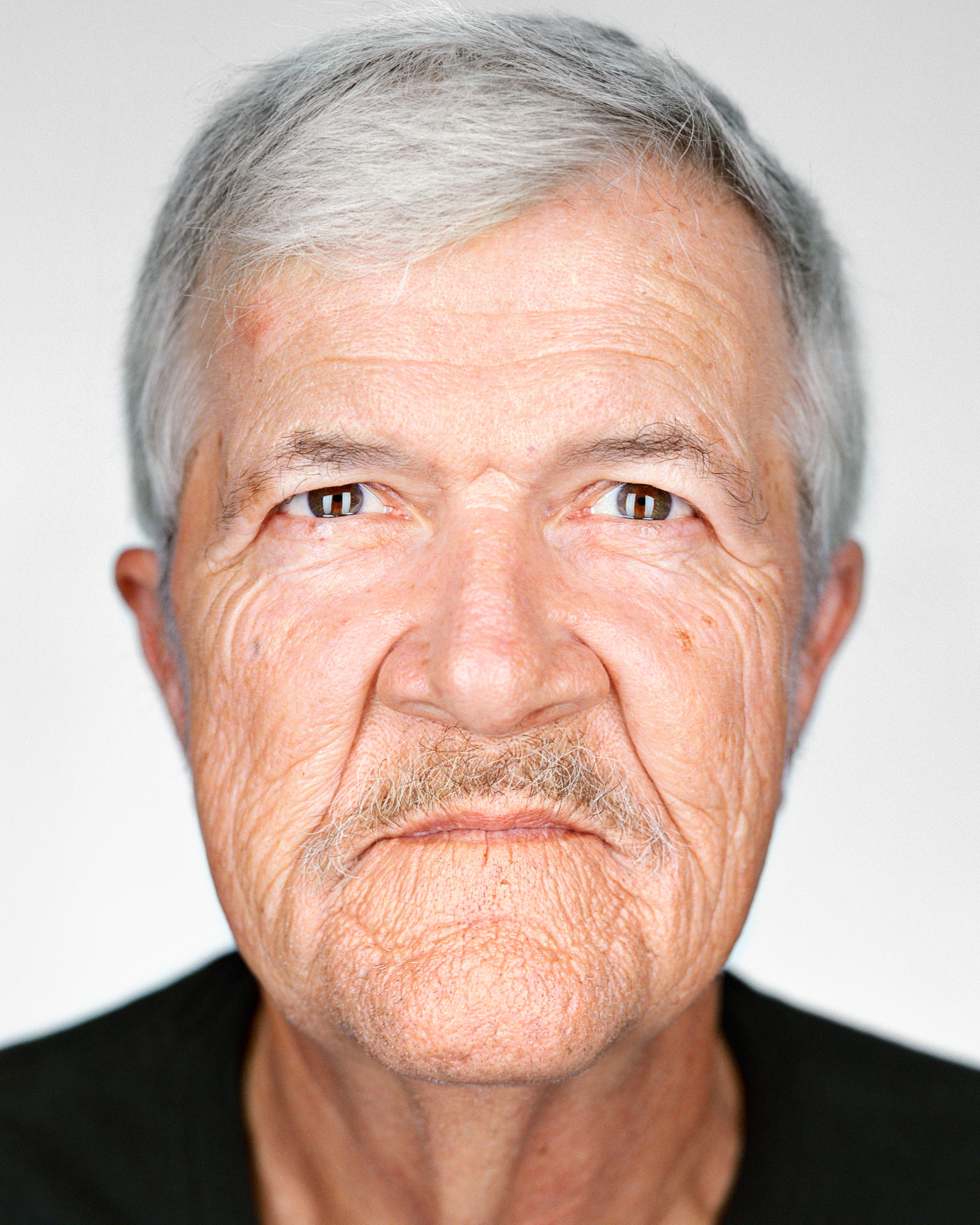
Gary Drinkard
Gary Drinkard spent six years on death row for a crime he did not commit.
“Yeah, I still have nightmares about walking to the death chamber. Being set afire by that electric chair. I wake up at night, it’s cold sweats. I’ve got my own little death row in that house that I stay. I’ve got a recliner. Hell, I stay in the recliner. I sleep in it most of the time. Every once in a while, I go to bed, but I got a TV up there. I stay in that recliner, I’ll go to the kitchen and eat, I go to the bathroom, use the bathroom, I’ll take my little dog outside, and I’ll come back and watch TV. I’ll take him outside later and eat, I’ll come back and watch TV. That’s my daily routine. That’s my little death row at home. But I’m free. I can do what I want to. So hell, it ain’t bad.”
With the help of Bryan Stevenson ‘s team at the Equal Justice Initiative, he won his appeal and was granted a new trial. The Southern Center for Human Rights and a team of attorneys and investigators won his acquittal in 2001. Gary contributes his compassionate and candid voice as a speaker in the movement to abolish the death penalty, sharing his story of violent arrest, wrongful conviction and incarceration. His audiences include students and church congregations as well as judges, prosecutors and police officers who participate in Witness to Innocence’s Accuracy and Justice program. Gary lobbies for reform before state legislatures across the country.
Writing poetry, reading and human contact through visitors and pen-pals helped Gary survive death row. “I would live through my pen pals. They would be telling me stories, send me photos and I would be at therapy, at their home with them eating dinner, going places… taking pictures. Or when I was reading a book, I would be inside that book, wherever that was.”
“The system is broken,” he says. “I don’t think the death penalty is appropriate for anyone. God is the only one who has the right to take a life.
“Yeah, I still have nightmares about walking to the death chamber. Being set afire by that electric chair. I wake up at night, it’s cold sweats. I’ve got my own little death row in that house that I stay. I’ve got a recliner. Hell, I stay in the recliner. I sleep in it most of the time. Every once in a while, I go to bed, but I got a TV up there. I stay in that recliner, I’ll go to the kitchen and eat, I go to the bathroom, use the bathroom, I’ll take my little dog outside, and I’ll come back and watch TV. I’ll take him outside later and eat, I’ll come back and watch TV. That’s my daily routine. That’s my little death row at home. But I’m free. I can do what I want to. So hell, it ain’t bad.”
With the help of Bryan Stevenson ‘s team at the Equal Justice Initiative, he won his appeal and was granted a new trial. The Southern Center for Human Rights and a team of attorneys and investigators won his acquittal in 2001. Gary contributes his compassionate and candid voice as a speaker in the movement to abolish the death penalty, sharing his story of violent arrest, wrongful conviction and incarceration. His audiences include students and church congregations as well as judges, prosecutors and police officers who participate in Witness to Innocence’s Accuracy and Justice program. Gary lobbies for reform before state legislatures across the country.
Writing poetry, reading and human contact through visitors and pen-pals helped Gary survive death row. “I would live through my pen pals. They would be telling me stories, send me photos and I would be at therapy, at their home with them eating dinner, going places… taking pictures. Or when I was reading a book, I would be inside that book, wherever that was.”
“The system is broken,” he says. “I don’t think the death penalty is appropriate for anyone. God is the only one who has the right to take a life.
